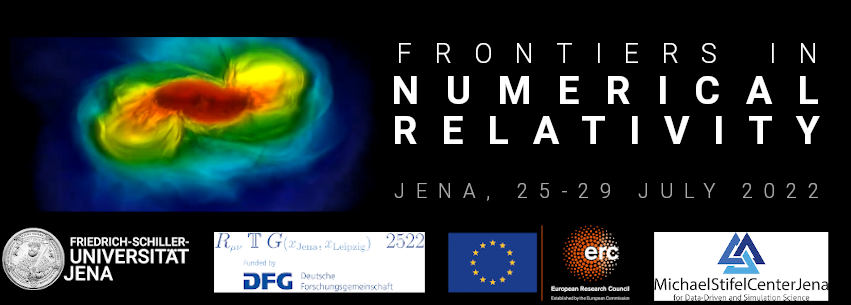Speaker
Ondřej Zelenka
(TPI FSU Jena)
Description
Compact binary coalescence waveforms generated by numerical relativity codes and associated phenomenological models are a critical part of gravitational-wave searches in detector data. However, the computational cost of the conventional matched-filtering searches is steeply rising as increased sensitivity of detectors expands the waveform parameter space. Lately, machine-learning based search algorithms have gained popularity as a potential efficient complement to the conventional searches. The MLGWSC-1 has been created in order to build a unified testing network for these algorithms, which rely on NR and associated software. This contribution presents the idea, organization and results of the challenge.

